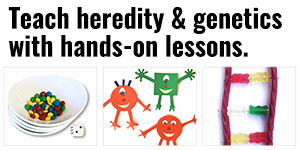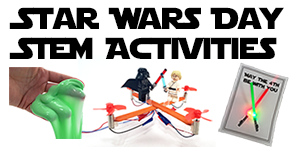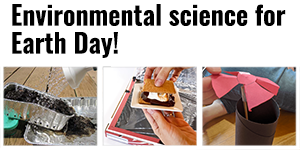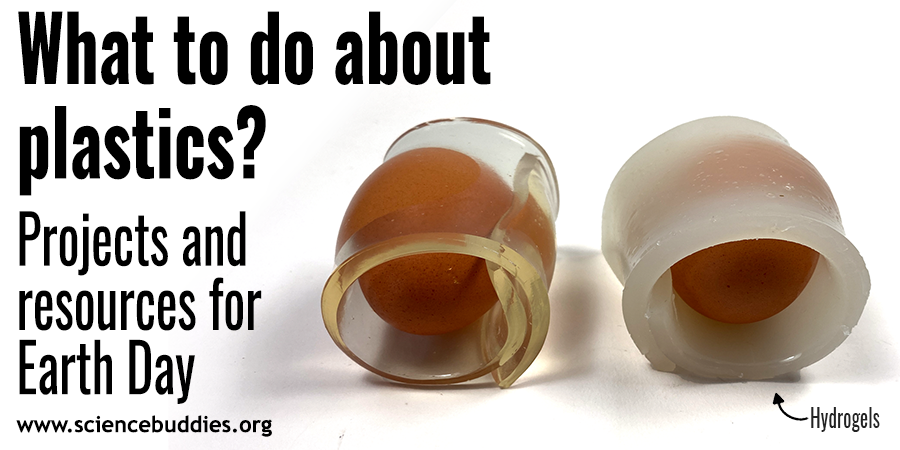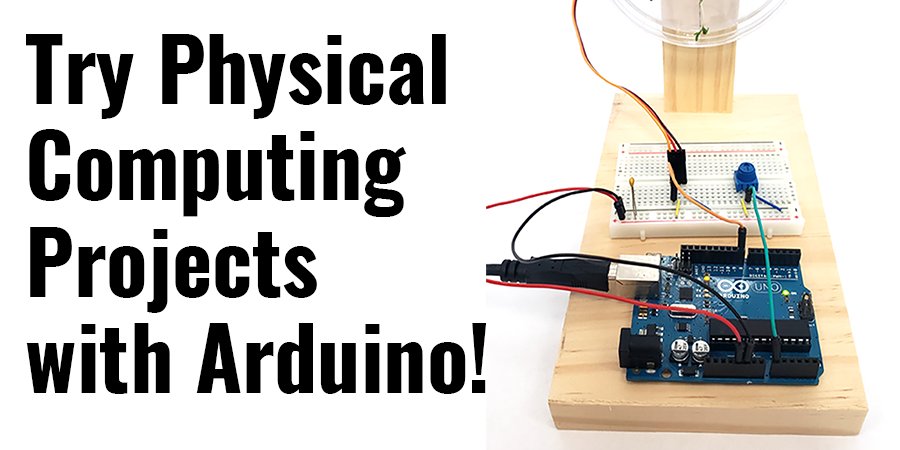2020 Nobel Science Experiments for K-12 Students
Encourage your students to dream big! See K-12 STEM projects and activities that relate to the 2020 Nobel Prizes.
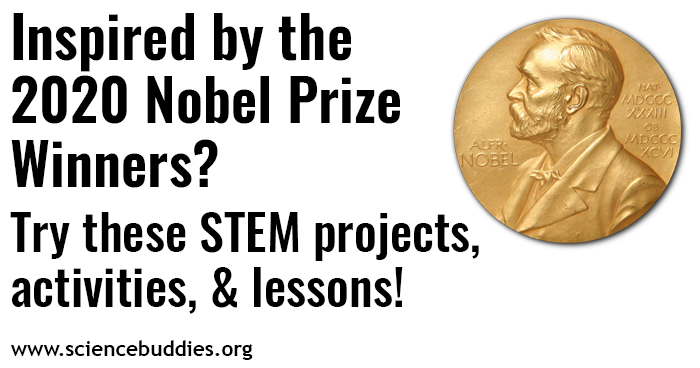
Announcement earlier this month of the 2020 Nobel Prize winners brought recognition to exciting research in areas of physics, space science, health and human biology, biotechnology and genetics, and the global challenge of ensuring adequate food supply for the world's population. These annual awards honor the pinnacle of science, technology, engineering, and math research and discovery.
Explore Nobel Prize Science with Student Projects
Students inspired by this year's Nobel Prize winners can start their own research on similar topics with independent science projects and STEM activities.
We've got suggestions for student exploration in areas of physics, chemistry and biotechnology, medicine, and global challenges.
Physics, Space, and Black Holes
The 2020 Nobel Prize in Physics was awarded to three scientists whose research has involved black holes. Half of the award was presented to Roger Penrose who demonstrated (in 1965) the relationship between Einstein's theory of relativity and black holes. The other half of the award is shared by Reinhard Genzel and Andrea Ghez who "discovered that an invisible and extremely heavy object" controls the orbits of stars at the center of the Milky Way. Their research suggests this invisible object is a "supermassive" black hole.
Students can start digging into the science of black holes with physics and space science projects like:
- Visualize Gravity with Marbles: learn more about Einstein's concepts of "general relativity" and the "space-time continuum" with a fun hands-on activity that helps demonstrate what a black hole is and how it affects other objects in space.
- Finding the Center of the Milky Way Galaxy Using Globular Star Clusters: use astronomical data about globular clusters to locate the center of the Milky Way galaxy.
- X-Ray Vision: Seeing Into Space: find out why NASA has to add color to x-ray images from space and then use the process to create your own images.
Educators teaching space science can make use of these free, NGSS-aligned STEM lessons:
See also the new Space Exploration and Exoplanets cutting-edge lesson plan collections.
Chemistry, Biotechnology, and Gene Editing
The 2020 Nobel Prize in Chemistry was awarded to Emmanuelle Charpentier and Jennifer A. Doudna for development of CRISPR/Cas9 "genetic scissors," a method for precise editing of DNA. Learn more about CRISPR/Cas9 gene editing in this summary.
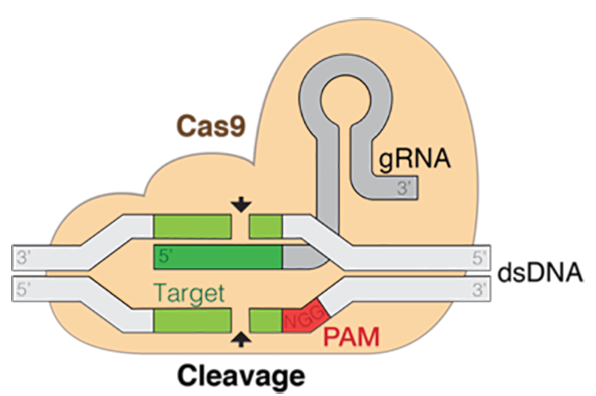
Students can learn about genetics and biotechnology with independent science projects and activities at all grade levels. See the following projects to get started:
- CRISPR Gene Editing of Escherichia coli: learn about CRISPR by using it to mutate a DNA sequence for Escherichia coli to make it streptomycin resistant.
- Genetically Modified Organisms: Create Glowing Bacteria!: explore gene editing by inserting a fluorescent protein gene (GFP) into Escherichia coli bacteria so that it glows under UV light.
- Molecular Scissors: explore how restriction enzymes can be used to cut DNA.
- From Genes to Genetic Diseases: What Kinds of Mutations Matter?: investigate genetic mutation and why some gene mutations cause genetic diseases while others do not.
Educators can connect student learning to this year's Nobel Prize-winning research with these lessons:
For additional lessons related to biotechnology and gene editing, see the Genetic Engineering cutting-edge lessons collection and the Teaching Biotechnology at All Grade Levels resource.
Medicine, Human Biology, and Disease
The 2020 Nobel Prize in Physiology or Medicine was jointly awarded to Harvey J. Alter, Michael Houghton, and Charles M. Rice for the discovery of Hepatitis C virus, which causes chronic liver disease. Learn more about Hepatitis C (one of three variations of the Hepatitis virus) in the Nobel announcement.
Students interested in medicine, disease, and human biology can experiment with independent science projects like these:
- How Do Viruses React To Soap?: model viruses and experiment to see how they react to soap and water.
- Small, Tiny, Invisible: How Big Is a Virus?: use yarn to make a scale model to compare the size of a virus with other small objects.
- Fighting the Flu: How Your Immune System Uses Its Memory: make a model to investigate how memory cells in the immune system help the human body fight off illnesses like the flu.
Educators can use the following lessons to teach about the science of viruses, vaccines, and human health:
For additional lessons related to health, viruses, and the COVID-19 pandemic, see the Pandemics — COVID-19 cutting-edge lessons collection.
World Peace and Global Food Supply
The 2020 Nobel Peace Prize was awarded to the World Food Programme (WFP), an organization dedicated to fighting global hunger.
Students interested in the challenge of feeding the world's population and using STEM to respond to that and other global challenges can do their own research and testing with independent science projects like these:
- Smarter Farming with Aerial Photo Analysis: experiment to see how aerial photography can be used to improve agricultural processes.
- Hydroponics: Gardening Without Soil: experiment with hydroponics to grow plants without soil.
- Is It Ripe Yet? Build a Circuit to Detect Ripe Produce: build a circuit that can differentiate between colors as a prototype for a solution that could improve the way crops are monitored for ripeness in agriculture.
Educators can teach about sustainability, climate change, and STEM solutions to global challenges with lessons like:
Make STEM Career Connections
The awarding of the Nobel Prizes presents a great opportunity for educators to talk with students about this year's award winners and related STEM careers. For more information and inspiration about doing STEM career projects with students, see:
- Explore STEM Careers with a Remote Learning Project
- STEM Career Bingo!
- Teacher Uses Hashtag Bellwork System to Introduce STEM Careers
- Sparking Interest in STEM Careers in Middle School
Categories:
You Might Also Enjoy These Related Posts:
- Forces and Laws of Motion Lessons
- Curated STEM Resources for Teaching Science Units
- 15+ Plant Science Activities and Lessons / Teach Plant Biology
- 13 Activities and Lessons to Teach Potential and Kinetic Energy
- 200 Free Lesson Plans for Science and Engineering
- 2020 Nobel Science Experiments for K-12 Students
- Teaching Biotechnology at All Grade Levels
- Free STEM Lessons that Work Well for Remote Learning





